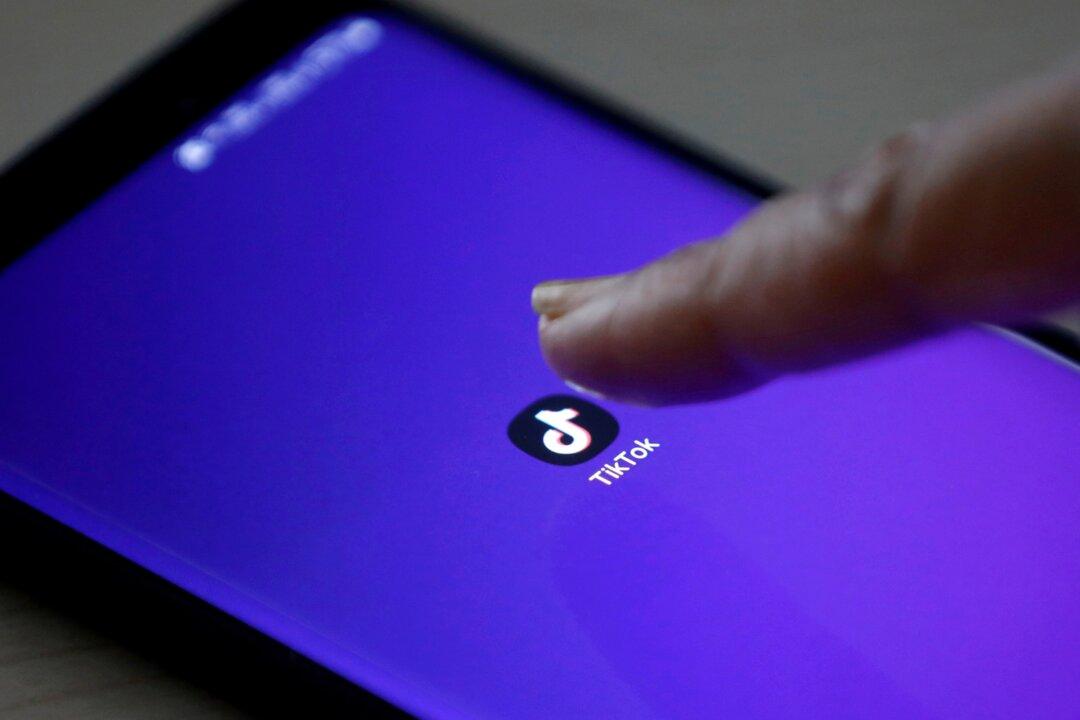The Scottish government has placed an immediate ban on the use of social media app TikTok from its mobile phones and corporate devices over Chinese spying fears.
The move, announced on Thursday afternoon, came moments after the UK government said it was expanding its own device and phone ban of the Chinese video-sharing platform to include the whole parliamentary network.





